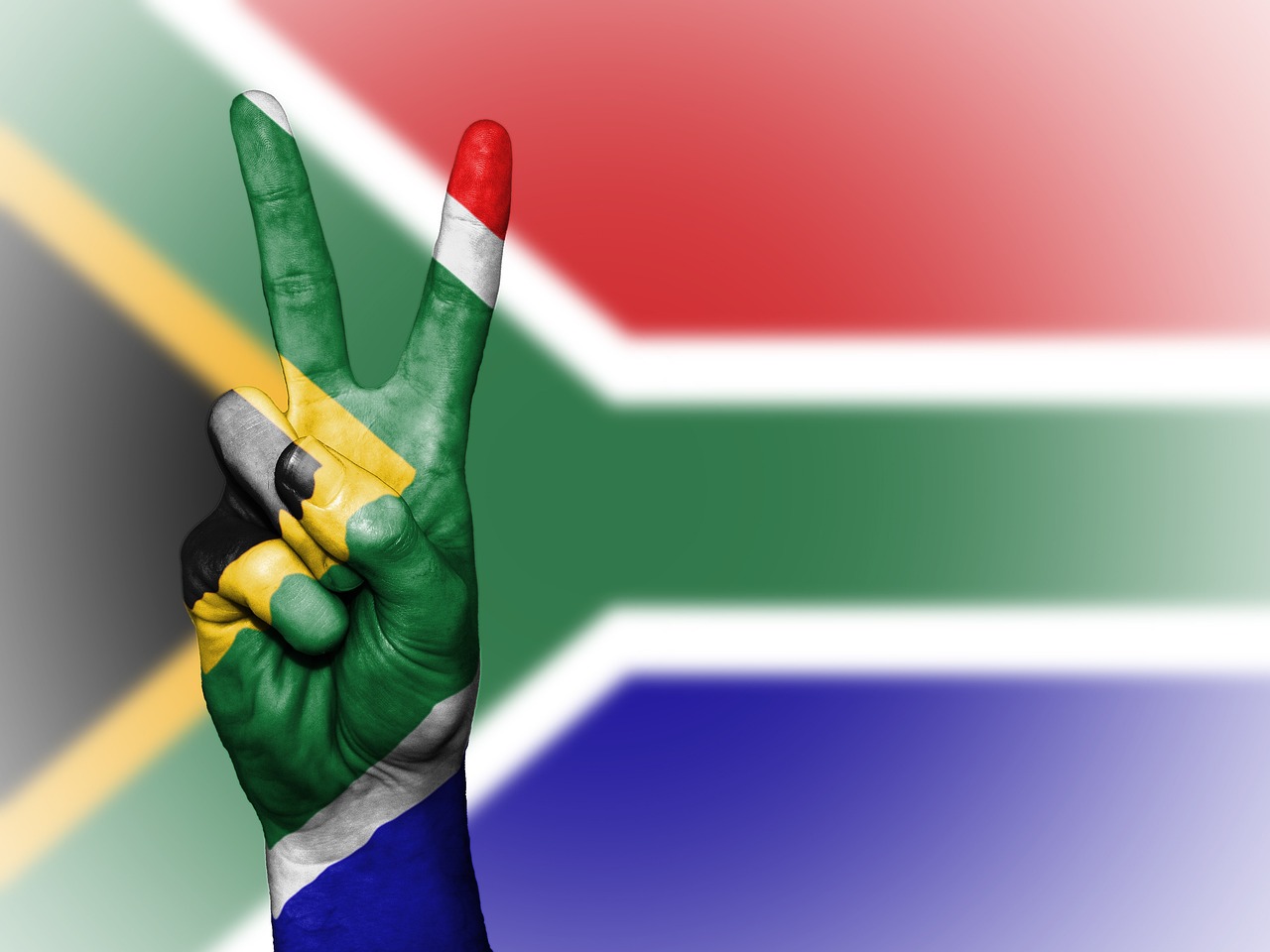
Image by David Peterson from Pixabay
By Patricia McLagan
Patricia (Pat) McLagan is an author and experienced change agent who helps individuals and organizations adapt to, thrive in, and be ready for major changes as they occur.
From 1983 through 2004, Pat consulted with major South African businesses, government entities, universities, and parastatals. She lived in South Africa from 1992 through the first free elections in 1994 and until 2000. She also chaired the Desmond Tutu Peace Foundation after returning to the US. Through her work and personal experiences, she was able to witness, and participate in, the profound transformation that occurred before, during, and after the end of Apartheid.
This blog post introduces Pat McLagan’s experiences and key themes from her longer paper, South Africa: A Case Example of Corporate Political Responsibility in Polarized Times.
In times of political upheaval, business and government must find ways to work together to ensure stability and achieve peaceful and democratic outcomes. South African business leaders faced just such a situation at the end of the 1990s as the Apartheid regime rushed headlong toward a potentially disastrous downfall. The courageous actions of key South African business leaders helped avoid a worst-case outcome. What can we, as American business leaders, learn from their example as we face ongoing political polarization and threats to democracy in the wake of the 2024 presidential election?
In my opinion, we can learn a lot. I say that based on my personal experiences as an American consultant working in-country with key South African businesses leaders in the 1980s and 1990s. I participated in their change processes, watched their public actions and listened to their personal stories as I sat in their well-appointed offices. Their firms had prospered under Apartheid. As one of them told me, the obvious option would have been “to do business as usual: batten down the hatches, full speed ahead.”1 But they did not take that easy way out.
At least some of them engaged effectively, responsibly and creatively, in ways that took advantage of their unique skills, prestige, and foresight. Their actions helped end Apartheid without a violent revolution, to extend the franchise to all South Africans, and to create a national, non-racial democratic government.
One dramatic example was the famous “Lusaka Trek” of 1985, when Anglo Corporation’s Chairman, Gavin Relly, hosted a series of meetings with banned ANC leaders at their headquarters in Lusaka, Zambia. At the meeting, participants developed scenarios describing a high road to the future (a prosperous, non-racial, democratic, developed country) and low road (a racist, centralized “wasteland”.) As word about the scenarios spread, more companies and social groups were drawn into the dialog.2
In another episode, Oliver Tambo, the then exiled president of the ANC, brought a remarkable request to Michael Young, an executive in Consolidated Gold Fields, one of the biggest gold mining companies in country at the time. “I want you to help me build a bridge to Pretoria,” he said, “because when the signals come, I don’t think I’ll recognize them. We need to have a channel of communication which is not a microphone or amplified through the media but is as direct and personal as possible.”3 Young later brought government and ANC leaders together in dialogues that, along with similar business-leader-supported activities, would help build the trust that future difficult negotiations would depend on.
One more example of constructive engagement was the founding of the Consultative Business Movement (CBM) in 1988. Originally a group of 40 business leaders and academics, membership eventually grew to over 100. CBM became a way for business leaders to apply their organizational skills by bringing together representatives of the resistance, business, academia, and other players. The immediate goal was to search for mutual understanding on which a new political and economic agreement could rest. The larger goal, however, was to provide a foundation for peaceful, but transformational political change.
In addition to bringing diverse players together, the most clear-sighted South African business leaders looked inward at their own firms’ policies. To better align their practices with a future non-racial democracy, they prioritized workforce inclusivity, participatory management, and conflict resolution. In that way their firms became environments that fostered broader societal change.
Finally, I would like to emphasize the personal risks and challenges that forward-looking South African business leaders faced in navigating their evolving roles. By stepping beyond traditional boundaries, they demonstrated a blend of personal courage and political foresight. These traits are essential for corporate leadership everywhere in transformative times.
American businesses, too, face risks brought on by heightened post-election polarization. But inaction in the name of avoiding controversy is also a risk. How can business leaders navigate this tension? The lessons we can draw from South African examples can help us find shared values that strengthen democracy by using the special skills we bring to it. As I outline in the attached white paper, those skills include convening diverse groups, facilitating dialogues, and transparently acting on core values. By engaging responsibly, businesses can strengthen democratic foundations and contribute to societal resilience. As the Director of CBM noted, “It is not a case of whether business should respond politically, but rather of how it must respond.”4
The Erb Institute is pleased to share Pat McLagan’s account as a case example to spark discussion as part of the work of its Corporate Political Responsibility Taskforce. The Erb Institute’s Corporate Political Responsibility Taskforce was formed in 2021 to help companies take a principled, responsible approach to their political influences in a way that minimizes risk, fosters collaborative solutions to shared challenges, and strengthens trust in American civic institutions. While our guest speakers and authors may express their views freely, the Taskforce is strictly non-partisan and does not advocate, promote, or endorse any political party, candidate, or legislation.